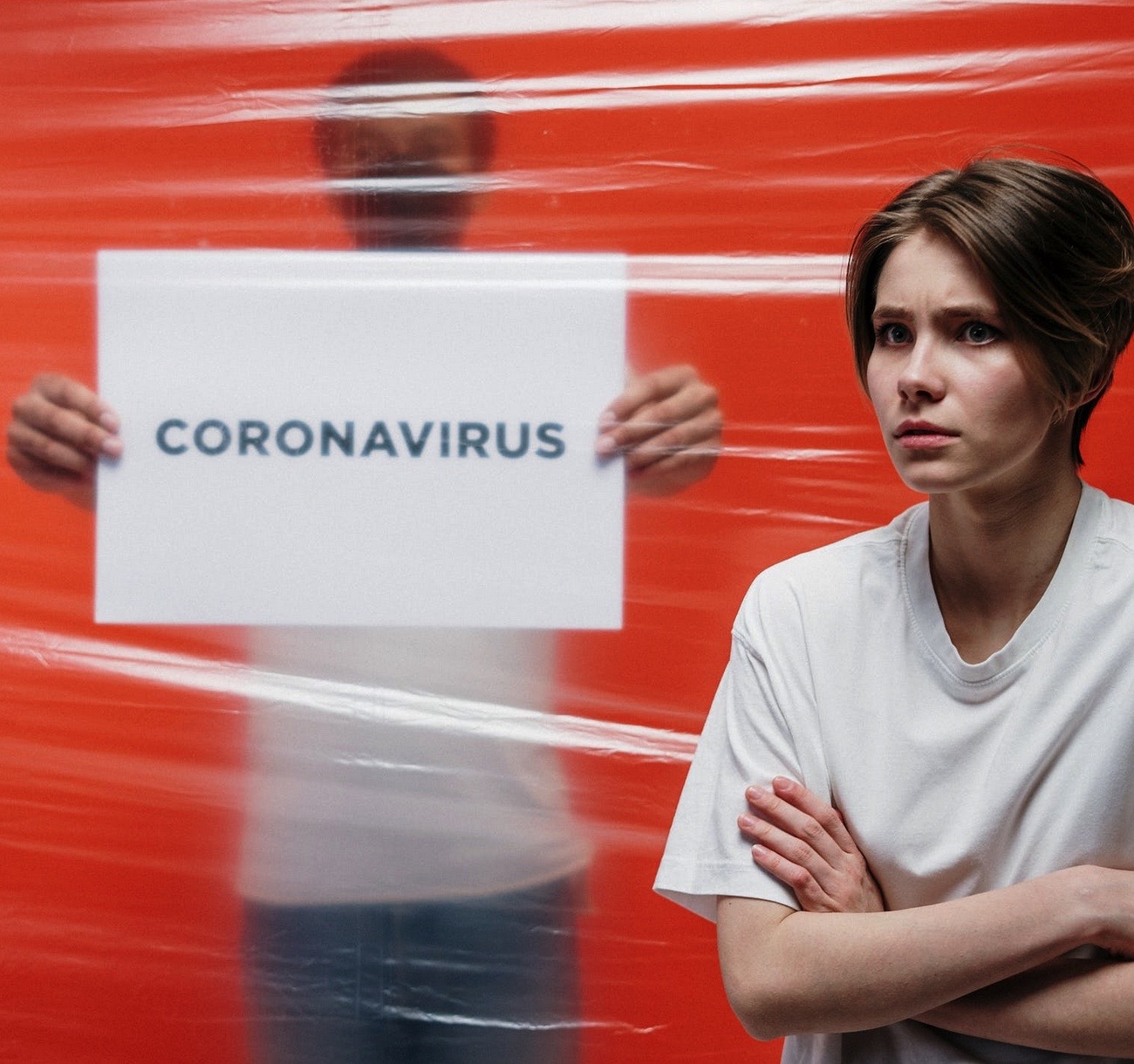The extended unconscious group field and metabolization of pandemic experience: dreaming together to keep cohesion alive

Submitted: June 19, 2022
Accepted: November 28, 2022
Published: December 29, 2022
Accepted: November 28, 2022
Abstract Views: 716
PDF: 365
HTML: 18
HTML: 18
Publisher's note
All claims expressed in this article are solely those of the authors and do not necessarily represent those of their affiliated organizations, or those of the publisher, the editors and the reviewers. Any product that may be evaluated in this article or claim that may be made by its manufacturer is not guaranteed or endorsed by the publisher.
All claims expressed in this article are solely those of the authors and do not necessarily represent those of their affiliated organizations, or those of the publisher, the editors and the reviewers. Any product that may be evaluated in this article or claim that may be made by its manufacturer is not guaranteed or endorsed by the publisher.
Similar Articles
- Jung Ki Kim, Eileen M. Crimmins, Age differences in the relationship between threatening and coping mechanisms and preventive behaviors in the time of COVID-19 in the United States: Protection Motivation Theory , Research in Psychotherapy: Psychopathology, Process and Outcome: Vol. 23 No. 3 (2020)
- Margarida Pedroso de Lima, Isabel Albuquerque, Paulo Jorge Martins, António-José Gonzalez, Personal Projects Analysis as an idiographic approach in psychotherapy: an exploratory study , Research in Psychotherapy: Psychopathology, Process and Outcome: Vol. 26 No. 1 (2023)
- Claudia Capella, Loreto Rodríguez, Estrella Azócar, Ximena Lama, Lucía Núñez, Daniela Águila, Camila Gomez, Macarena Espeleta, Vania Vasquez, Psychotherapeutic change in children and adolescents who have been sexually abused: a model from participants’ perspectives , Research in Psychotherapy: Psychopathology, Process and Outcome: Vol. 25 No. 1 (2022)
- Chiara Rossi, Osmano Oasi, Barbara Colombo, Personality characteristics, music-listening, and well-being: a systematic and scoping review , Research in Psychotherapy: Psychopathology, Process and Outcome: Vol. 27 No. 1 (2024)
- Antonino Carcione, Marta Santonastaso, Francesca Sferruzza, Ilaria Riccardi, Esoteric power, useless, useful: considerations about dreams in cognitive-behavioural therapy , Research in Psychotherapy: Psychopathology, Process and Outcome: Vol. 24 No. 2 (2021): SPECIAL ISSUE "Working on dreams, from psychotherapy to neuroscience"
- Laura Parolin, Alberto Milesi, Giovanni Comelli, Francesca Locati, The interplay of mentalization and epistemic trust: a protective mechanism against emotional dysregulation in adolescent internalizing symptoms , Research in Psychotherapy: Psychopathology, Process and Outcome: Vol. 26 No. 3 (2023)
- Alvaro E. Carrasco, Acceptability of an adventure video game in the treatment of female adolescents with symptoms of depression , Research in Psychotherapy: Psychopathology, Process and Outcome: Vol. 19 No. 1 (2016): Special issue on Qualitative and Quantitative Research in Child and Adolescent Psychotherapy: part 2
- Zelda G. Knight, A re-consideration of interpretation. A relational approach , Research in Psychotherapy: Psychopathology, Process and Outcome: Vol. 24 No. 3 (2021)
- Benedetto Farina, Marianna Liotti, Claudio Imperatori, Lucia Tombolini, Elena Gasperini, Paola Mallozzi, Marianna Russo, Giorgia Simoncini Malucelli, Fabio Monticelli, Cooperation within the therapeutic relationship improves metacognitive functioning: preliminary findings , Research in Psychotherapy: Psychopathology, Process and Outcome: Vol. 26 No. 3 (2023)
- Shirzad Babaei, Mahmood Dehghani, Fahimeh Fathali Lavasani, Ahmad Ashouri, Leila Mohamadi, The effectiveness of short-term dynamic/interpersonal group therapy on perfectionism; assessment of anxiety, depression and interpersonal problems , Research in Psychotherapy: Psychopathology, Process and Outcome: Vol. 25 No. 3 (2022): SPECIAL ISSUE: "Group psychotherapy: between settled benchmarks and new horizons"
<< < 1 2 3 4 5 6 7 8 9 10 > >>
You may also start an advanced similarity search for this article.

 https://doi.org/10.4081/ripppo.2022.646
https://doi.org/10.4081/ripppo.2022.646





